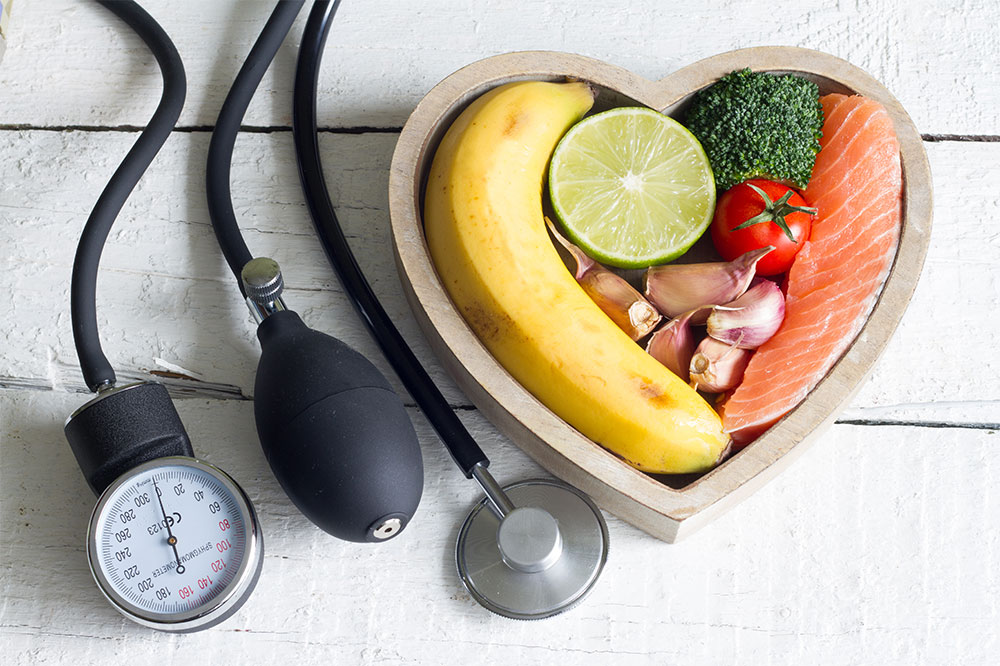Effective Strategies to Manage Elevated Blood Pressure
Learn practical methods to control high blood pressure through diet, exercise, stress management, and lifestyle modifications. These tips help reduce cardiovascular risks and promote overall health and well-being.
Sponsored

Hypertension, commonly referred to as high blood pressure, involves increased force exerted by circulating blood on artery walls. Blood pressure readings have two numbers: systolic (top) indicates arterial pressure during heartbeats, while diastolic (bottom) reflects pressure when the heart relaxes. Readings over 140/90 signify hypertension, which raises the risk of heart disease and stroke. Implementing lifestyle changes can significantly lower blood pressure. Here are key tips to help manage hypertension effectively!
Maintain a Healthy Weight
Adopt a Heart-Healthy Diet
Increase Intake of Potassium, Vitamin C, and D
Manage Stress Levels
Limit Alcohol, Caffeine, and Smoking
Keeping an optimal weight reduces pressure on arteries. Following the DASH diet, rich in fruits, vegetables, whole grains, nuts, and herbs, is beneficial. Elevating potassium and reducing sodium intake are crucial—limit processed foods for sodium below 1500 mg daily. Incorporate vitamin C-rich citrus fruits to relax blood vessels and ensure sufficient vitamin D through fortified foods and sunlight. Managing stress via yoga, meditation, and exercise is vital. Reducing alcohol, caffeine, and quitting smoking further supports healthy blood pressure levels. Regular monitoring and medical advice are essential for effective management.






